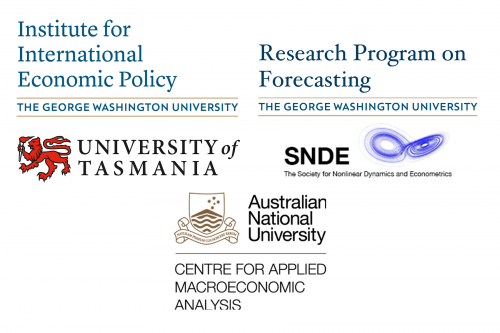November 2019
Tomas Williams, Charles W. Calomiris, Mauricio Larrain, Sergio L. Schmukler
Abstract: Emerging market corporations have significantly increased their borrowing in international markets since 2008. We show that this increase was driven by large denomination bond issuances, most of them with face value of exactly US$500 million. Large issuances are eligible for inclusion in important international market indexes. These bonds appeal to institutional investors because they are more liquid and facilitate targeting market benchmarks. We find that the rewards of issuing index-eligible bonds rose drastically after 2008. Emerging market firms were able to cut their cost of funds by more than 76 basis points by issuing bonds with a face value equal to or greater than US$500 million relative to smaller bonds. Firms contemplating whether to take advantage of this cost saving faced a tradeoff after 2008: they could benefit from the lower yields associated with large, indexeligible bonds, but they paid the potential cost of having to hoard low-yielding cash assets if their investment opportunities were less than US$500 million. Because of the post-2008 “size yield discount,” many companies issued index-eligible bonds, while substantially increasing their cash holdings. We present evidence suggesting that these post-2008 behaviors reflected a search for yield by institutional investors into higher-risk securities. These patterns are not apparent in the issuance of investment grade bonds by firms in developed economies.
JEL Classification Codes: F21, F23, F32, F36, F65, G11, G15, G31
Keywords: benchmark indexes, bond issuance, corporate financing, emerging markets,
institutional investors


